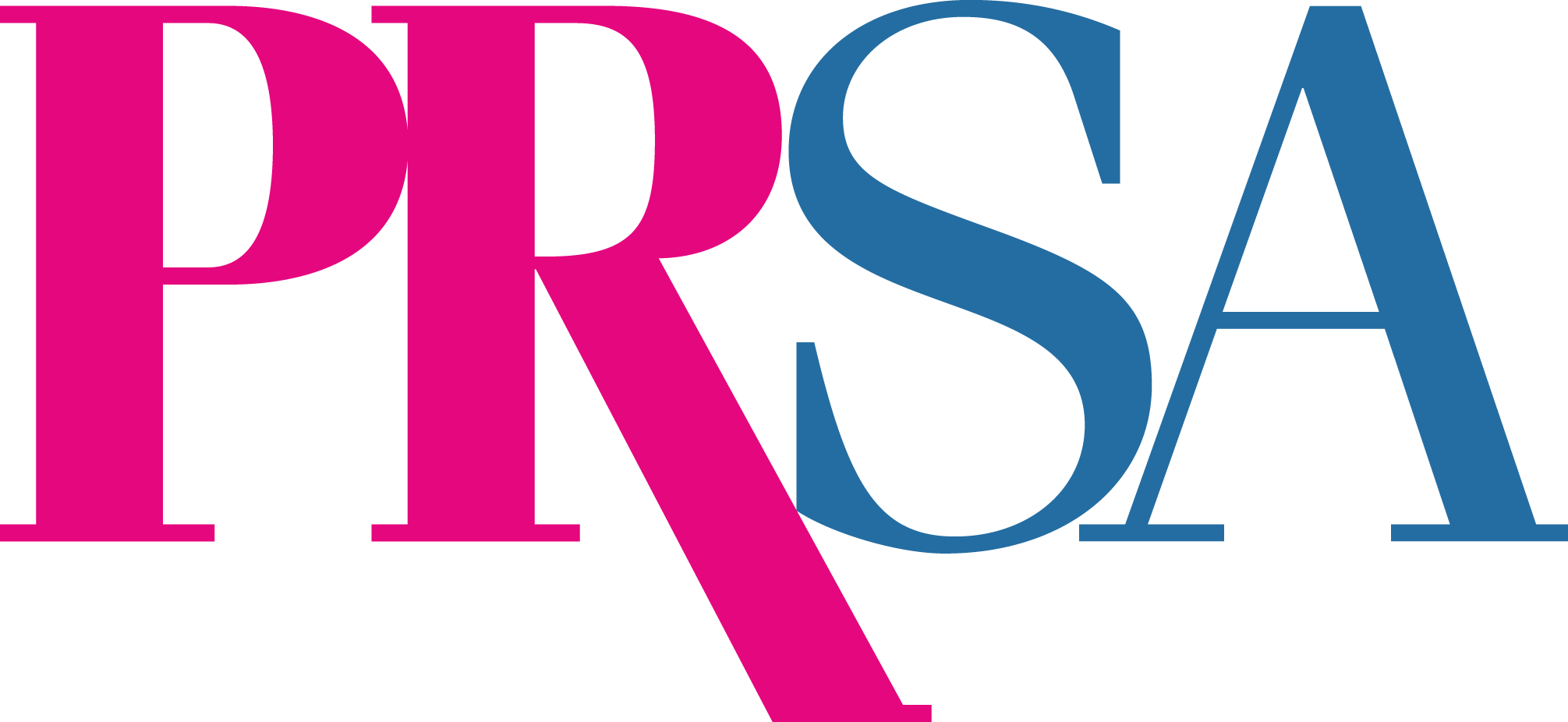
Advancing Your Communication Strategy in DE&I Certificate Program
Communication plays an instrumental role in building an authentic, inclusive and anti-racism culture where internal and external stakeholders experience your organization as one that embraces and acts on diversity, equity and inclusion.
This professional development offering is designed as an on-demand, certificate of completion program. It will equip management-level communicators with the tools to build a strategic approach to communication planning that advances diversity, equity and inclusion issues for our profession and in our workplaces to achieve more effective public relationship outcomes.
This certificate program is designed for:
- Manager and senior-level PR and communication professionals.
- Any professional responsible for managing a corporate communications team.
- Leaders charged with advising other executives.
- Professionals responsible for managing strategic communication plans.
- Human resources professionals.
- Communicators with five or more years of experience.
By the end of this course, participants will be able to:
- Expand their understanding of different experiences related to DE&I and how to communicate respectfully and openly about them.
- Understand how to effectively ask for and listen to input and feedback to better shape planning.
- Determine and set realistic expectations.
- Build effective programming and outreach.
- Evaluate programs and outreach effectively.
Pricing
| Full Course (All 6 Modules) | Individual Module | |
| PRSA Members | $975 | $195 |
| Nonmembers | $1,225 | $245 |
Learning Modules in this Course
Click on the titles below to read more about each module.
Module 1
Laying the Groundwork: Behavioral Strategic Planning for DE&I
In this module, participants will learn the fundamentals of behavioral strategic planning. Participants will review key steps one must take to understand, communicate within and move the behavior of stakeholders no matter the issue, organization or background of stakeholders.
By the end of this module, participants will be able to:
- Explain the differences between behavioral strategic planning and simple tactical planning.
- Understand the steps needed for behavioral strategic planning and what they bring to the table for DE&I.
- Use the building blocks for creating behavioral strategic DE&I plans.
Module 2
Establishing DE&I Direction: Setting Goals & Measurable Objectives
In this module, participants learn how to set DE&I goals and objectives that are achievable, measurable and linked to organizational strategy. They will explore how to make these goals an integral part of an organization’s fabric.
By the end of this module, participants will be able to:
- Recognize and design DE&I goals and objectives.
- Understand how to connect DE&I goals to organization objectives.
- Discuss, and if necessary defend the value of DE&I goals and objectives as part of an overall strategy and organization success.
Module 3
Understanding Stakeholders: DE&I Environmental Assessment and Research
In this module, participants explore the environment (landscape) in which DE&I communication is happening, the history that brought us to this point, and the many lenses through which DE&I communication is filtered. They will learn about the most effective and respectful ways to gather information on this subject.
By the end of this module, participants will be able to:
- Understand the research process and what is “need to know.”
- Effectively analyze/review DE&I research that will inform the planning process.
- Speak and listen more knowledgeably and empathetically about DE&I experiences.
Module 4
DE&I Strategy: Relevant Behavioral and Communication Science Theories, Strategies, and Their Applications
In this module, participants explore communication and behavioral science theories and strategies to help design programming and outreach that achieves designated objectives and goals.
By the end of this module, participants will be able to:
- Recognize a variety of theoretical, science-based models and theories that can help shape decisions and design of tactics.
- Consider effective ways to apply theoretical models and theories to the opportunities at hand.
- Begin to be conversant in discussing and explaining theories and models to obtain buy-in and support by others.
Module 5
Tactics: Designing and Implementing Effective DE&I Tactics That Move Behavior
In this module, participants learn about building objectives and tactics that move behavior in order to achieve DE&I goals.
By the end of this module, participants will be able to:
- Set behavioral objectives based on overall DE&I PR goals.
- Design and evaluate tactics that will help move the needle on DE&I programming.
Module 6
Measurement & Evaluation of DE&I Communication Plans
In this module, participants learn about effective methods for evaluating their program, and using that data to adjust or improve programming. They also will briefly explore messaging as part of an overall behavioral DE&I strategy.
By the end of this module, participants will be able to:
- Understand the need for measurement and evaluation of programming and outreach.
- Analyze and interpret findings and make recommendations.
- Discuss and explain measurement and evaluation intelligently with colleagues.
Course Length
Course Duration: Approximately 5–6 hours
Module Duration: Approximately 45-60 minutes
Accreditation
Participants with the APR credential earn 0.5 renewal CEUs for each completed module of this course, for a total of 3.0 CEUs. Learn more about Accreditation.
Purchase Options
Download the form for the full certificate program, or one form for each module you would like to purchase.
- Full Certificate Program
- Module 1: Laying the Groundwork: Behavioral Strategic Planning for DE&I
- Module 2: Establishing DE&I Direction: Setting Goals & Measurable Objectives
- Module 3: Understanding Stakeholders: DE&I Environmental Assessment and Research
- Module 4: DE&I Strategy: Relevant Behavioral and Communication Science Theories, Strategies, and Their Applications
- Module 5: Tactics: Designing and Implementing Effective DE&I Tactics That Move Behavior
- Module 6: Measurement & Evaluation of DE&I Communication Plans
